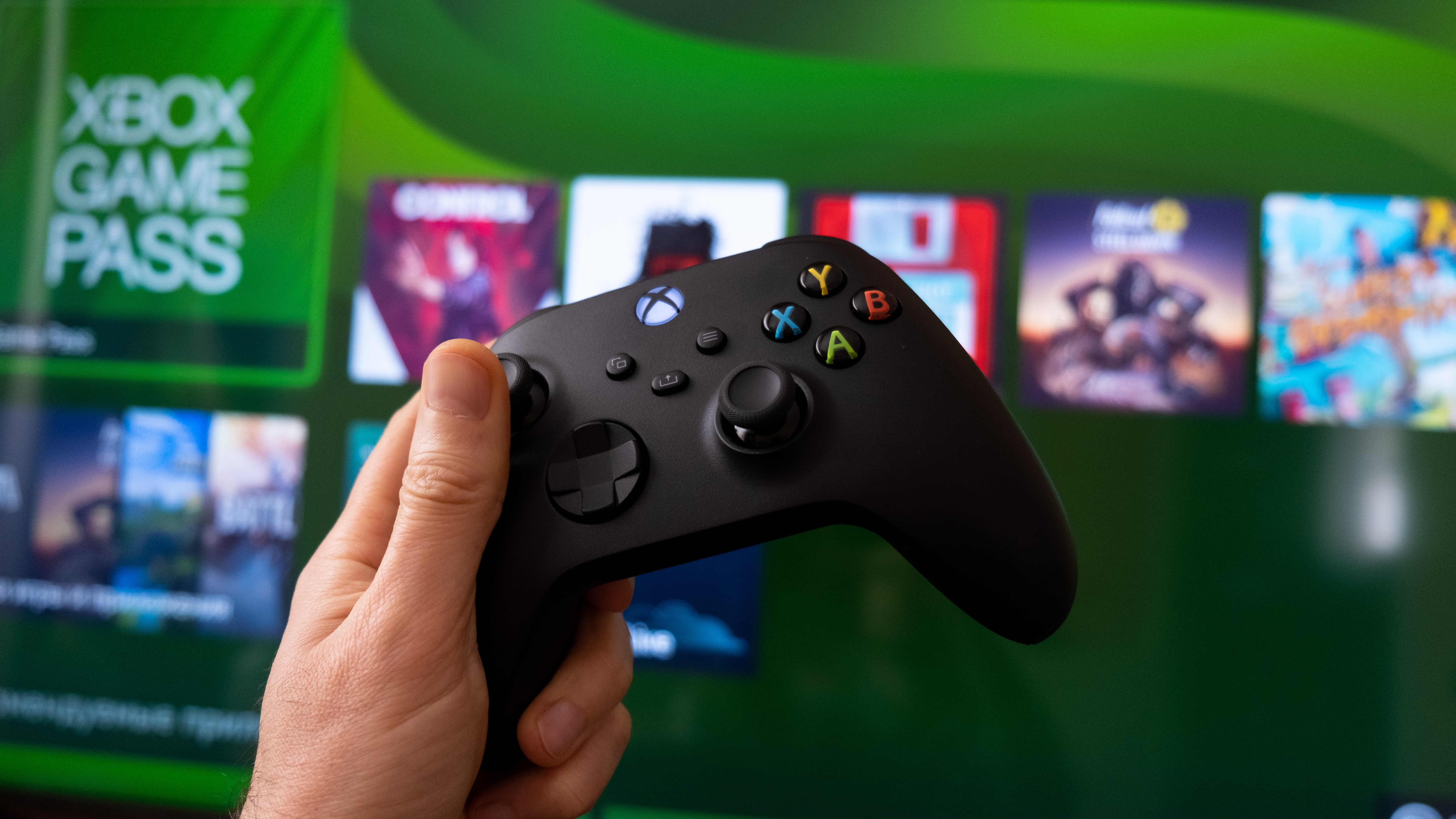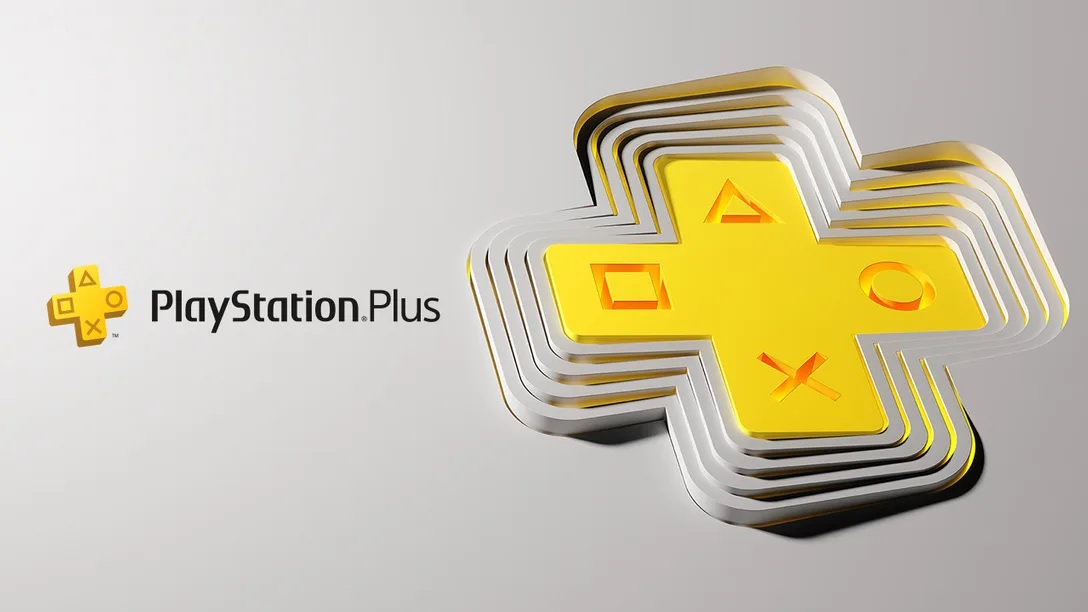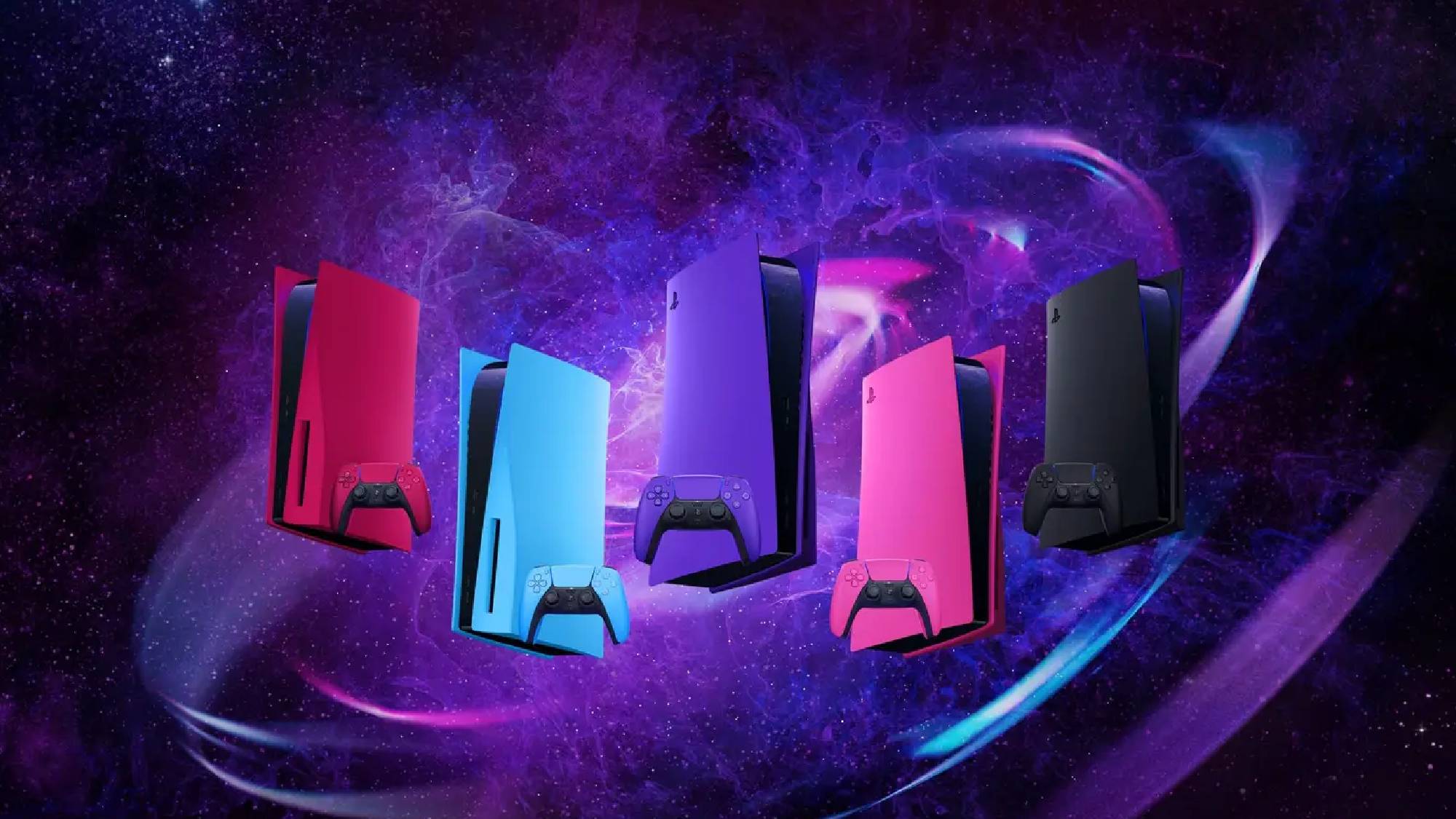PlayStation Plus still lacks a huge Xbox Game Pass feature
Not having day-one games on PlayStation Plus is a big miss

Update: Xbox Game Pass could get a Family Plan subscription tier.
Sony has detailed its plans for the revamped PlayStation Plus subscription service, and it looks a whole lot like Xbox Game Pass. Rather than simply providing online play and cloud saves, the new PS Plus will offer a full library or games to download and/or stream, from the PS1 all the way up through the PS5.
There’s just one big catch: If you want new games on launch day, you’ll have to keep buying them à la carte.
PlayStation CEO Jim Ryan shared that tidbit, among others, with GamesIndustry.biz in a detailed interview. When asked about whether PS4 and PS5 games could see day-one releases on PlayStation Plus, Ryan demurred.
“This is not a road that we’ve gone down in the past,” he said. “And it’s not a road that we’re going to go down with this new service … the level of investment that we need to make in our studios would not be possible, and we think the knock-on effect on the quality of the games that we make would not be something that gamers want.”
In other words, Sony and its first-party publishers make a lot of money by releasing new games à la carte. Ryan believes that the companies would make less money by putting brand-new games on a subscription service, which means less money to develop future games.
We don’t have enough raw data to say whether Ryan is right or wrong, but there is certainly some logic to his position.
Still, it does mean that PlayStation Plus, whatever else its benefits may be, will lack one of the key selling points for Xbox Game Pass. While not every gamer is in a position to choose between PlayStation Plus and Xbox Game Pass, those who are may have a compelling reason to stick with Microsoft’s service.
Halo, Forza, Age of Empires and more

For readers who aren’t familiar with Xbox Game Pass, it’s essentially the template for the revised PlayStation Plus service. Players pay $10 to $15 per month in exchange for a library of more than 400 games, playable on Xbox, PC and mobile phones. The exact features of Xbox Game Pass depend on which platforms you own and what kind of subscription you have, but the bottom line is that you can play a ton of games for a single monthly fee.
Xbox Game Pass has a huge advantage over its competitors, however, including PlayStation Plus — day-one first-party releases. Any game from a Microsoft-owned studio comes to Xbox Game Pass (or PC Game Pass, or Xbox Game Pass Ultimate) as soon as it launches. This includes blockbusters such as Halo Infinite and Forza Horizon 5, as well as more niche fare, such as Age of Empires IV and Psychonauts 2.
Day-one releases on Xbox Game Pass are a large part of what makes the service such a good investment for Xbox (or gaming PC) owners. Suppose you bought all four games discussed in the previous paragraph. That would set you back $240 — and that’s to say nothing of other games you might want to buy over the course of a year. Compare and contrast to a $180-per-year Xbox Game Pass subscription, which also has more than 400 other games.
Granted, some players will always prefer to own games outright, and that’s a perfectly good way to play, too. But having the choice between a subscription and buying new games is a powerful tool, for both Microsoft and gamers. The company earns money and goodwill; gamers get to play what they want, in the format that best suits their budget and preferences.
The hidden cost of PlayStation Plus

Now, compare and contrast PlayStation’s strategy. Suppose that PlayStation Plus Extra and Premium are up and running by the time God of War: Ragnarok debuts later this year. This means that a PlayStation Plus subscriber will have to dish out between $15 and $18 per month, in addition to $60 for a new game. That’s a lot of money, particularly for players who try to keep up with multiple new releases per year.
Granted, the PS Plus Premium tier may alleviate some of this financial burden with its limited game trials feature. PS Premium subscribers will be able to play limited trials of PlayStation games, probably including some first-party Sony fare. Suppose a player tries the first few hours of God of War: Ragnarok, then decides that they don’t need it urgently. In that case, PS Plus Premium has provided a valuable service. But if the player decides to buy the game anyway, they’re still out an additional $60 that month.
Critics could argue that up until a few years ago, this was simply how game releases worked. New games were expensive, and if you wanted multiple titles per year, you’d simply have to budget accordingly. And that’s true — but the same was also true of expensive DVDs for movies and TV you wanted to watch. Just as streaming services reoriented our expectations about how much we should pay for movies and TV, Xbox Game Pass and similar services have begun to make us question which games we want to own forever, and which we can simply rent indefinitely.
To be scrupulously fair, the back-end financials for this decision are probably enormously complicated. Sony is a much smaller company than Microsoft, and as Ryan said, there may simply be no way to make day-one releases on PS Plus profitable. As much as gamers want to save money, they probably wouldn’t want to do so at the expense of their favorite studios.
Still, from a consumer perspective, day-one releases on Xbox Game Pass are simply an invaluable feature, and PS Plus is poorer for not offering something comparable. We won’t know which service is better until we get a chance to try them head-to-head, but we do know which one has more to offer gamers who want to play big-budget titles as soon as they come out.
An uncertain future

Still, no one is certain how PS Plus could evolve in the future — including Ryan.
“The way the world is changing so very quickly at the moment, nothing is forever,” he said in the GamesIndustry.biz interview. “I don’t want to cast anything in stone at this stage. All I’m talking to today is the approach we’re taking in the short term. The way our publishing model works right now, it doesn’t make any sense. But things can change very quickly in this industry, as we all know.”
This wouldn’t be the first time that Sony has changed its mind about how to implement consumer-friendly practices. After vowing to shut down the PS3 and Vita shops last year, Sony reversed course after gamers expressed their disapproval. After PlayStation Plus undergoes its revamp this summer, we’ll see how players react — and whether they’re willing to pay a premium just to play older games.
Sign up to get the BEST of Tom's Guide direct to your inbox.
Get instant access to breaking news, the hottest reviews, great deals and helpful tips.
Marshall Honorof is a senior editor for Tom's Guide, overseeing the site's coverage of gaming hardware and software. He comes from a science writing background, having studied paleomammalogy, biological anthropology, and the history of science and technology. After hours, you can find him practicing taekwondo or doing deep dives on classic sci-fi.

